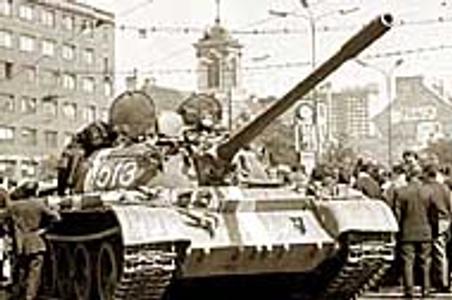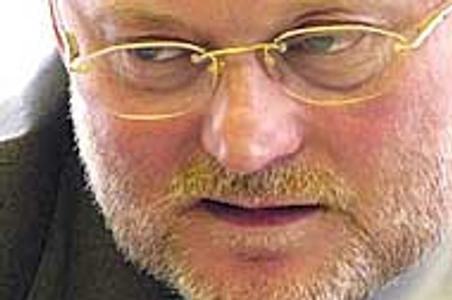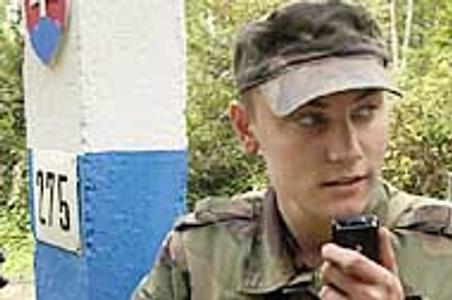- See Slovakia’s first robot-built home rise, brick by brick
- We are all Americans now
- Last Week: Things fall apart, but Fico feels emboldened
- Who really pushed Slovakia into debt? Fico and Pellegrini lit the fuse.
- The myth of cheap Russian gas: How come Slovaks pay so much more than Czechs?
- Family firms power Slovakia’s economy
- Russian discount chain to launch in Slovakia
- Trenčín’s big moment: Can Slovakia’s castle city assume Europe’s cultural crown?
- We are all Americans now
- Last Week: Things fall apart, but Fico feels emboldened
- Who really pushed Slovakia into debt? Fico and Pellegrini lit the fuse.
- The myth of cheap Russian gas: How come Slovaks pay so much more than Czechs?
- See Slovakia’s first robot-built home rise, brick by brick
- Russian discount chain to launch in Slovakia
- Two Hulík retrospectives
- How I met my motherland
- We are all Americans now
- Who really pushed Slovakia into debt? Fico and Pellegrini lit the fuse.
- How I met my motherland
- See Slovakia’s first robot-built home rise, brick by brick
- Russian discount chain to launch in Slovakia
- They sold their flat in Switzerland and moved to eastern Slovakia. Why? Photo
- The myth of cheap Russian gas: How come Slovaks pay so much more than Czechs?
- Profits under pressure: Slovakia’s top family businesses in 2024
- We are all Americans now
- How I met my motherland
- Who really pushed Slovakia into debt? Fico and Pellegrini lit the fuse.
- Russian discount chain to launch in Slovakia
- Piargy Mine: Kremnica’s German heritage
- See Slovakia’s first robot-built home rise, brick by brick
- They sold their flat in Switzerland and moved to eastern Slovakia. Why? Photo
- 3 free things to do in Bratislava in the next seven days
- From crocodiles to satire: Discover the first Slovak novel in its first translation Photo
- Which family business grew most in 2024?
- Last Week: Things fall apart, but Fico feels emboldened
- News digest: From chemtrails to 9/11, survey reveals 37% of Slovaks believe in conspiracies
- Trenčín’s big moment: Can Slovakia’s castle city assume Europe’s cultural crown?
- The myth of cheap Russian gas: How come Slovaks pay so much more than Czechs?
- Bratislava’s historic pharmacy reopens with large-scale 3D model of mediaeval city Photo
- See Slovakia’s first robot-built home rise, brick by brick More articles ›














